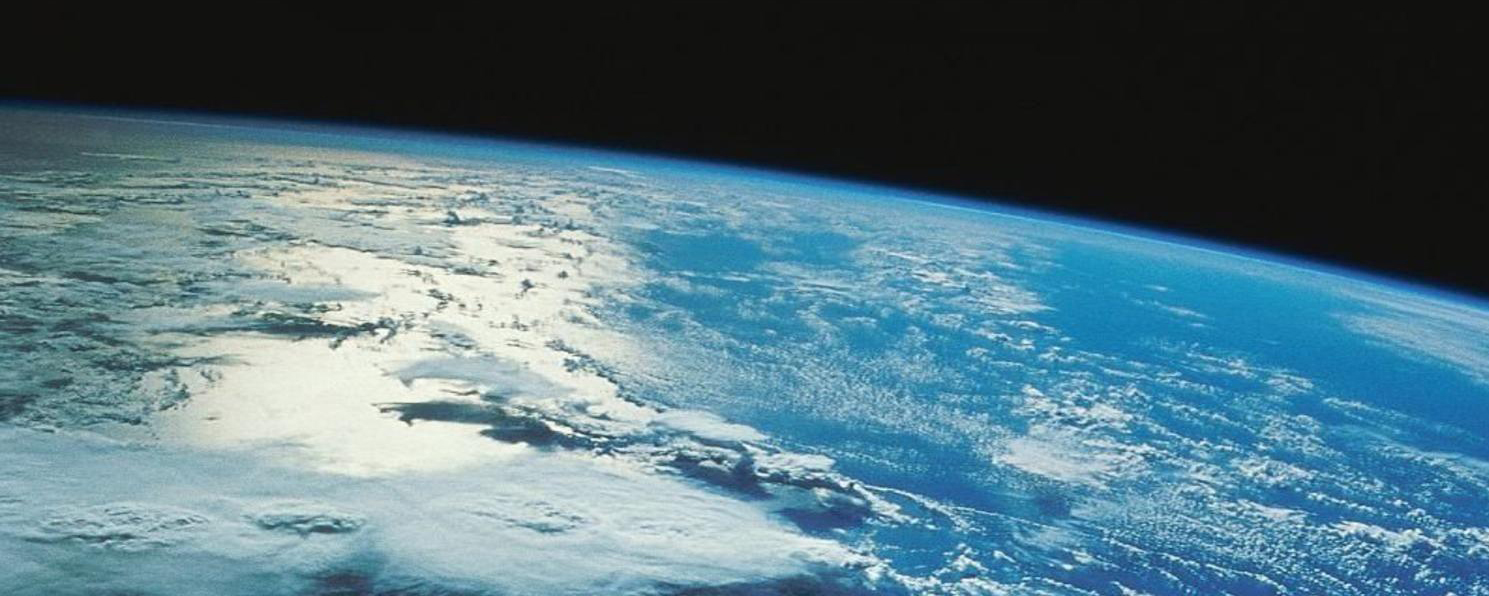



"It's only 2 degrees, that's nothing!"
Riddle me this: What's the difference between 0 and 1 degree Celsius? That's the difference between ice and water. It turns out lots of the ice that covers our planet is in a delicate balance between states of ice and water, and those measly few degrees will melt more ice than you can imagine. While it may seem that a small increase in global temperature is a minute technicality, an increase of just a few degrees in global temperature is predicted to cause severe and widespread detriment as supported by empirical data. Some of the consequences of increase from 1.5 to 2 degrees in Celsius from today's temperatures include intensified and longer heat waves, heavier and more severe rain storms, increase in sea levels, and coral reef degradation.
These predicted heat waves would not only be extremely uncomfortable for those with large beards and to the rest of the public, it would exacerbate droughts and wildfires as we see in California today, which then lowers the amount of harvests and food making all your chocolate, cheese, and yummies that much more expensive. Increasing the severity of rain storms can be dangerous in terms of flooding areas and reduction of clean water. The rising sea levels would cause the people from many beach towns to emigrate out of their homes. Additionally, the higher sea level would intensify hurricanes and natural disasters. Many societies need reefs for their tourism and fisheries, so as the reef die so too does the economic stature of these areas. The cost of climate change--those few degrees--may very well be catastrophic.
Contributed by: Jaclyn Mallette, Nick Kilby, Akash Shah